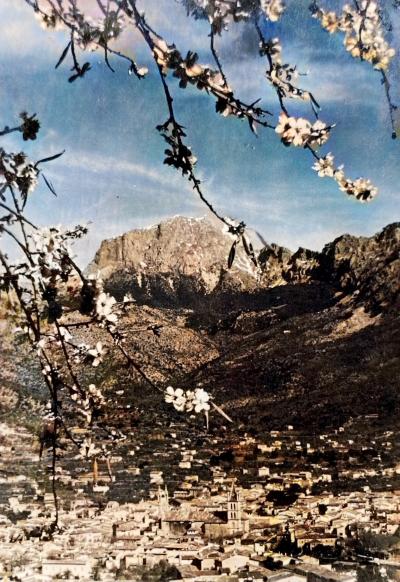How do Holy Week processions in Mallorca involve local church communities?
Similar Topics
holy week processions
mallorca church communities
religious traditions mallorca
passion of christ
local parish involvement
church brotherhoods
mallorcan cultural identity
communal faith participation
Holy Week processions in Mallorca are deeply rooted in the island’s religious traditions and actively involve local church communities in ways that foster both spiritual reflection and cultural unity. These processions, held during the week leading up to Easter Sunday, are organized by longstanding brotherhoods, often linked directly to parish churches. These brotherhoods, composed primarily of local parishioners, prepare for months to participate in the solemn events, ensuring that every detail from the statues, vestments, and floral arrangements to the chanting and music honors the sacred narrative of the Passion of Christ.
Members of these church communities take on various roles within the processions, such as carrying heavy pasos—wooden platforms adorned with religious statues depicting scenes from the Passion—or serving as penitents dressed in traditional robes. In smaller towns and villages, involvement often means the entire parish comes together, with many families encouraging children, young adults, and elders alike to participate. This communal participation creates a profound sense of belonging and continuity, where faith is expressed publicly and physically through shared effort and devotion.
Beyond the actual processions, local churches serve as centers for preparation and prayer throughout Holy Week. Parish priests and lay leaders organize rehearsals, services, and catechism classes to deepen the community’s understanding of the events commemorated. The involvement is not merely ceremonial; it profoundly connects individuals to their faith and to one another. As a result, the processions are not only religious observances but also a vibrant expression of Mallorcan cultural identity, drawing residents and visitors into a moving spiritual experience grounded in community participation.
Members of these church communities take on various roles within the processions, such as carrying heavy pasos—wooden platforms adorned with religious statues depicting scenes from the Passion—or serving as penitents dressed in traditional robes. In smaller towns and villages, involvement often means the entire parish comes together, with many families encouraging children, young adults, and elders alike to participate. This communal participation creates a profound sense of belonging and continuity, where faith is expressed publicly and physically through shared effort and devotion.
Beyond the actual processions, local churches serve as centers for preparation and prayer throughout Holy Week. Parish priests and lay leaders organize rehearsals, services, and catechism classes to deepen the community’s understanding of the events commemorated. The involvement is not merely ceremonial; it profoundly connects individuals to their faith and to one another. As a result, the processions are not only religious observances but also a vibrant expression of Mallorcan cultural identity, drawing residents and visitors into a moving spiritual experience grounded in community participation.
🧩 Related Questions
Related Question
Can visitors have barbecues or open fires near the picnic areas at Gorg Blau?
Related Question
Are there seasonal differences in water quality or availability that travelers should consider when visiting Mallorca?
Related Question
Are there any bilingual Catalan-German literature events held regularly in Mallorca?
